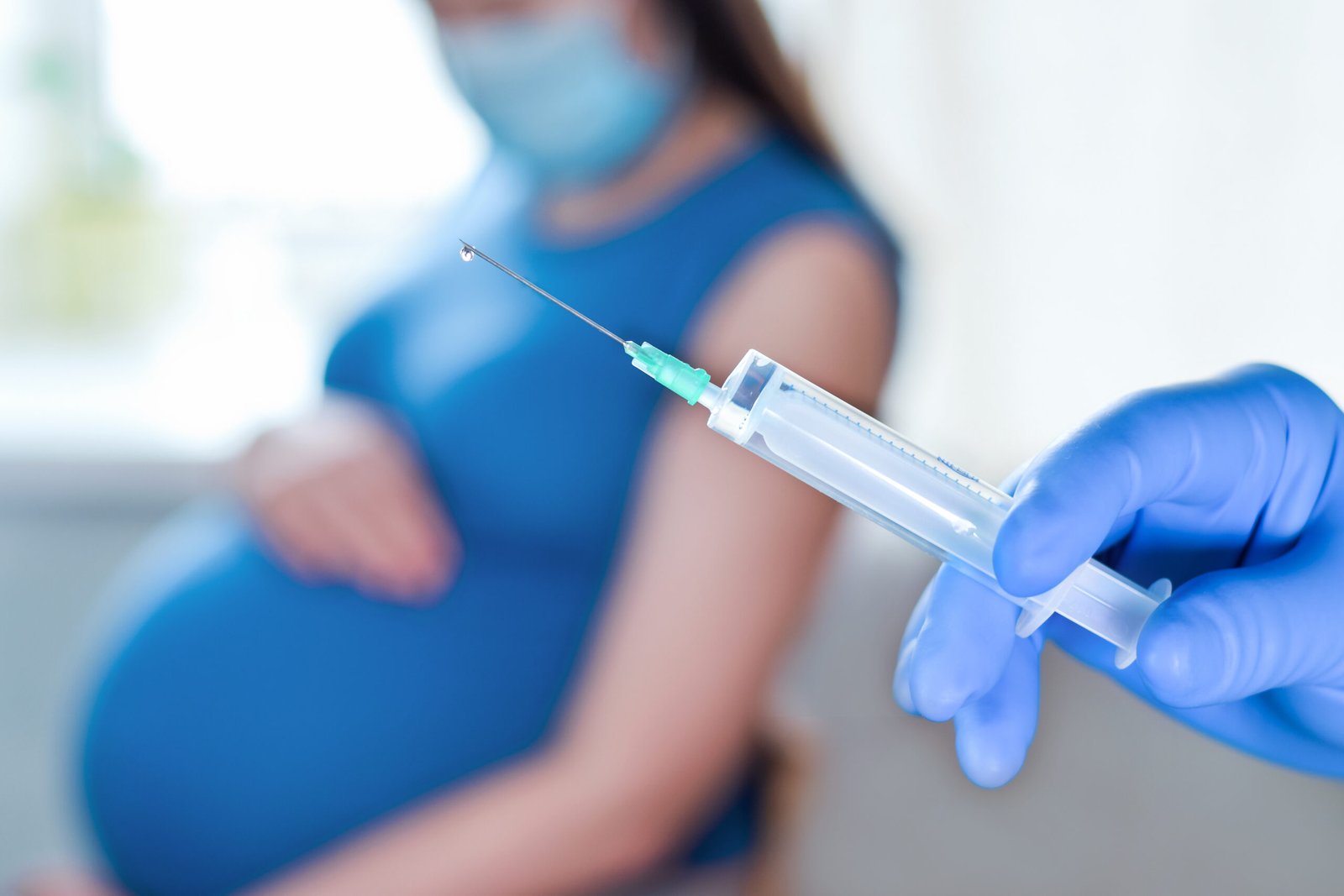NASSAU, BAHAMAS — Research says COVID-19 vaccines are safe for pregnant women or those trying to conceive, according to OB-GYN Dr Shamanique Bodie-Williams.
She encouraged individuals in this group to speak to their healthcare provider and get the jab, joining the other 150,000-plus people in the country who are fully vaccinated.
“Through the course of the pandemic, I’ve seen mothers die. I’ve seen babies born to COVID mothers and I’ve seen babies lost in utero because of COVID,” she said.

“One loss is too much and with that in mind, if we have some way to mitigate or prevent the damage in the form of handwashing, sanitizing, vaccination and social distancing, then I don’t think that’s a lot to ask.
“We do have studies now that tell us vaccination does not create problems within pregnancies.
“Vaccinations have been shown to be effective. They are not 100 percent, meaning that they will not prevent you from getting the illness 100 percent of the time, but we do know that it will decrease your risk of death and it will decrease your risk of complications if you get COVID while you are expecting.”
According to the American College of Obstetricians and Gynecologists (ACOG): “Data from tens of thousands of individuals indicate the vaccines are safe for pregnancy and can even build and pass antibodies along to the baby.”
Developing COVID-19 during pregnancy, however, has been linked to severe disease, along with an increased risk of preterm birth and stillbirth.
Consequently, ACOG and the US Centers for Disease Control and Prevention (CDC) both recommend COVID-19 vaccination “for anyone who’s pregnant or trying to become pregnant”.
Another study found vaccination did not impair fertility in either partner. Rather, couples in the study had slightly lower chances of conception, 18 percent, if the male partner was infected with coronavirus within 60 days.
Researchers say that’s even more reason to get vaccinated against COVID-19, since the illness could affect male fertility in the short term, according to the study published in the American Journal of Epidemiology.
Researchers believe the temporary reduction in male fertility could be due to fevers, a common symptom associated with infections and linked to a reduction in sperm count.
According to Bodie-Williams, COVID itself has some impact on the gynecological system.
“We know it can have some changes that it causes to the menstrual cycle, but those changes, so far, anecdotally are temporary and not permanent,” she said.
“More information will become available over time as we become more familiar with the disease.”
She added: “With that in mind, consider all measures. Discuss them with your healthcare provider and they will be able to look at your risks and help you make an informed decision with someone that you trust.”






